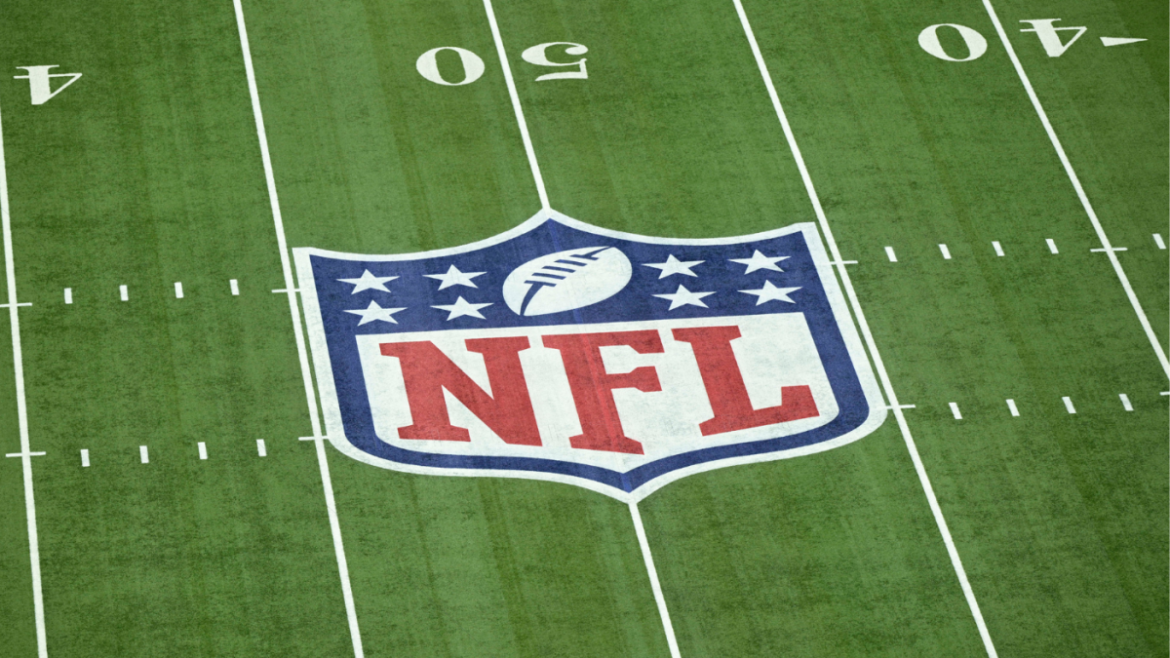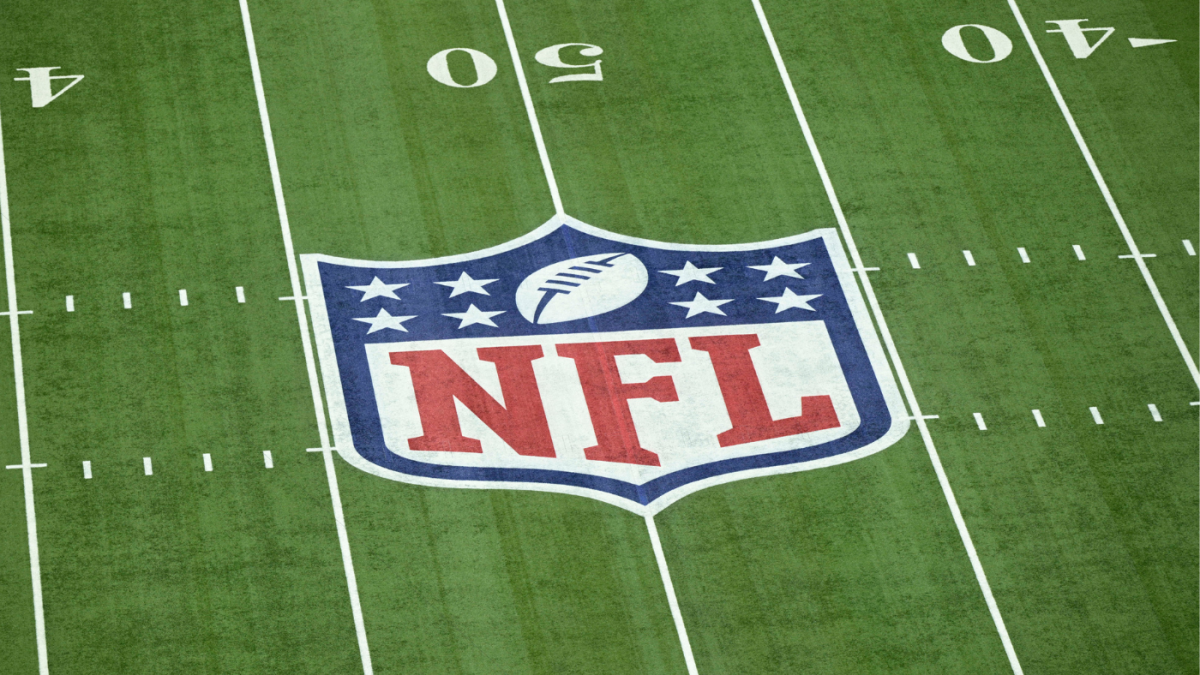The National Football League (NFL) stands at a critical juncture, with the potential expansion of the regular season to 18 games sparking intense debate. This proposal, while seemingly straightforward, carries profound implications for player safety, revenue generation, and the very essence of the game. The NFL’s owners and the NFL Players Association (NFLPA) are locked in a strategic tug-of-war, with formal negotiations not expected to commence until at least 2026. The outcome of this debate will shape the future of professional football, influencing everything from player health to fan engagement.
The Financial Allure of an 18-Game Season
From the perspective of NFL owners, the appeal of an 18-game season is clear: increased revenue. Adding two more regular-season games would translate to more ticket sales, higher television ratings, and increased advertising revenue. The NFL’s global ambitions are no secret, and more games offer a bigger platform to showcase the sport to new markets. The league’s international games, such as the annual NFL International Series, have already demonstrated the potential for growth beyond the United States. An extended season could further solidify the NFL’s global footprint, attracting new fans and expanding the league’s reach.
Moreover, the additional games would provide greater opportunities for innovative scheduling formats. The NFL could create more compelling matchups and storylines, captivating fans and enhancing the overall viewing experience. The league has already experimented with flexible scheduling, allowing for prime-time games to be moved based on team performance. An 18-game season could build on this trend, offering even more flexibility and excitement.
However, the NFL’s perspective must also consider the inherent risks. Pushing players to compete in additional games without addressing their concerns could lead to public negativity. The league has faced criticism in the past for prioritizing profit over player safety, and a rushed expansion of the season could exacerbate these issues. The NFL must tread carefully to avoid alienating its most valuable asset: the players.
The NFLPA’s Stance: Prioritizing Player Safety
The NFLPA stands as a formidable barrier to the 18-game proposal. The players’ union is primarily concerned with the health and safety of its members. NFL players endure a physically demanding and often brutal sport, and the current 17-game season already takes a significant toll on their bodies. Adding two more games would undoubtedly increase the risk of injuries, potentially shortening careers and impacting players’ long-term well-being.
The NFLPA’s resistance is not solely based on injury concerns. Players also argue that an extended season could dilute the quality of play. With increased fatigue and a higher risk of injuries, teams might be forced to rely more heavily on backup players, potentially diminishing the excitement and competitiveness of the games. The NFL’s product is built on the skill and athleticism of its players, and any compromise in quality could have a detrimental effect on fan engagement.
Furthermore, the offseason is crucial for players to recover, rehabilitate, and prepare for the next season. Shortening the offseason could negatively affect players’ performance and increase the likelihood of injuries. The NFLPA has consistently advocated for policies that prioritize player health, and the 18-game proposal directly challenges this priority.
The Path Forward: Negotiations and Potential Compromises
While the NFL owners are eager to move forward with the 18-game schedule, the NFLPA’s reluctance has effectively stalled any formal negotiations. Current reports suggest that the NFLPA is unlikely to engage in formal discussions with the league until at least 2026. This delay is likely due to a number of factors, including the NFLPA’s desire to thoroughly assess the potential impact of an extended season on player health and safety, as well as its leverage in the current collective bargaining agreement (CBA), which runs through 2030.
When negotiations eventually commence, the NFLPA will likely demand significant concessions from the league in exchange for agreeing to an 18-game schedule. These concessions could include increased player salaries, improved benefits, enhanced health and safety protocols, and greater player autonomy. The negotiations promise to be a complex and contentious process, with both sides holding firm to their respective positions.
However, there is potential for compromise. One possible solution could involve a gradual implementation of the 18-game schedule, allowing both the league and the players to assess the impact on player health and safety. Another possibility could be to reduce the number of preseason games, offsetting the increased regular-season workload.
Furthermore, the NFL could invest heavily in research and development to improve player safety equipment and protocols. This could include developing new helmet technologies, implementing more stringent concussion protocols, and providing players with access to state-of-the-art medical care. The NFL could also agree to expand roster sizes, allowing teams to carry more players and reduce the workload on individual athletes.
Ultimately, a successful resolution will require both sides to be willing to compromise and prioritize the long-term health and sustainability of the game. The NFL and the NFLPA must find a balance between revenue generation and player well-being, ensuring that the league continues to thrive while protecting its most valuable asset: the players.
The Broader Implications: A Precedent for Professional Sports
The outcome of the 18-game schedule debate will have far-reaching implications, not only for the NFL but also for the broader sports landscape. If the NFL successfully expands its regular season, it could set a precedent for other professional sports leagues to follow suit. This could lead to a widespread increase in the length of professional sports seasons, potentially impacting player health, fan engagement, and the overall sports ecosystem.
The debate also raises fundamental questions about the balance between revenue generation and player well-being in professional sports. As leagues continue to seek new ways to maximize profits, it is crucial to ensure that player health and safety remain a top priority. The NFL’s handling of the 18-game proposal will serve as a case study for other leagues, influencing how they approach similar issues in the future.
The Future of Football: A Delicate Balance
The NFL stands at a crossroads. The allure of increased revenue from an 18-game schedule is undeniable, but the potential risks to player health and the integrity of the game cannot be ignored. The upcoming negotiations between the NFL and the NFLPA will determine the future of professional football, shaping the game for years to come. Whether the league can successfully navigate this complex issue and find a solution that benefits both owners and players remains to be seen. One thing is certain: the stakes are high, and the outcome will have a profound impact on the world of sports.
Ultimately, the debate over the 18-game schedule transcends the simple addition of two more contests. It’s about legacy. It’s about what the NFL wants to be known for: a ruthless pursuit of profit at the expense of its players, or a forward-thinking league that values the long-term health and well-being of those who make the game what it is. The choice is theirs. And the world, or at least the portion obsessed with football, will be watching.





